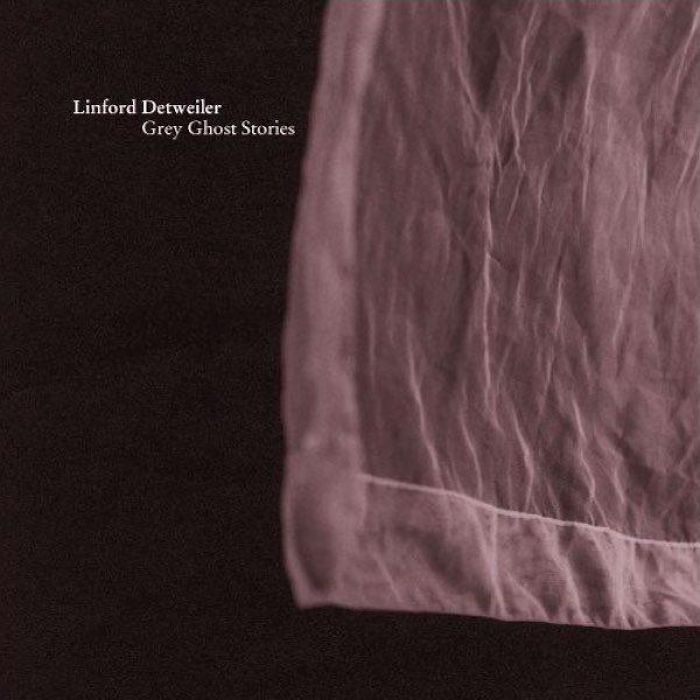Grey Ghost Stories by Linford Detweiler (Review)

The little card that accompanied this CD on Over the Rhine’s Cornerstone booth called it the “quietest release of the festival,” and I think that’s a pretty apt description. Well, not quite. Maybe volume-wise, this short collection of instrumental pieces is quiet. But emotionally, it’s as loud as anything I picked up this year.
As with Detweiler’s previous solo album (the wonderful I Don’t Think There’s No Need to Bring Nothin’), Grey Ghost Stories is a rather modest recording. Soft piano ballads, with the occasional piece for acoustic guitar. Unlike I Don’t Think…, which was originally recorded for an art exhibit, this album was recorded simply, as Detweiler puts it, as “my way of thinking out loud.” Nothing more than an audio journal. But considering Detweiler is one half of Over the Rhine, and is well-known for his poetic writings, these are rewarding thoughts to listen to.
Nothing on here calls attention to itself, but as I sit here listening to it in my room looking out over a busy street, everything feels more muted, colored differently somehow. And it’s not because this music is melancholy. At times, it does get somber, as with the acoustic guitar of “I Was Thinking the Same Thing,” or “Up, Up, Up,” which plays like the accompaniment for a ghosts’ waltz (complete with haunting laughter). On the other hand, “New Thrift Store Dress“ ‘s trilling piano melody feels darkly playful and “Consolation” vaguely reminds me of the interludes I heard in the sanctuaries of childhood churches.
But whatever the case, the music lends itself quite nicely to introspective moments and activities. Reading your favorite dog-eared book, thinking about loves long gone, or to quote Detweiler again, for “saying a few words to the ‘close and holy darkness’.”.. all go together rather well with these songs.
Much of the music’s quality is due to the way it was recorded. Audiophiles may wince at the “imperfections” that pop up, but they lend a realness, a sense that you might actually be able to touch these songs. You can hear the piano’s keys and pedals being pressed, laughter in the background as someone stumbled into the room in the midst of recording, and the dog walking around as the song fades.
Rather than try to remove these things, Detweiler wisely includes them as part of his compositions. They become the sound of these songs breathing, taking in all of the noises of a home, as simple and mundane as they might be, and crafting something more than just music. You hear the environment that helped to inspire these songs, which goes a long towards this music affecting your environment.